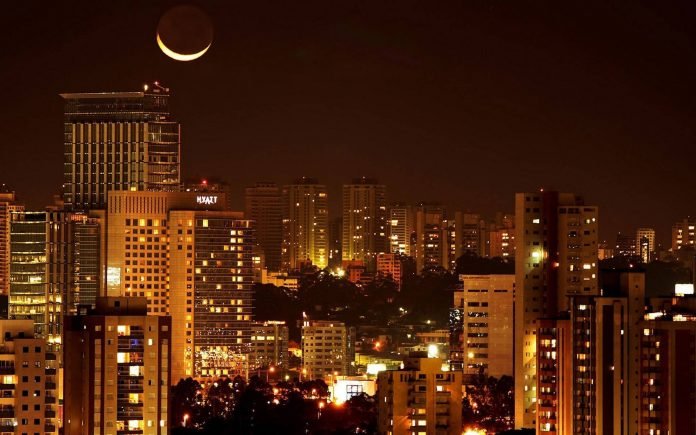It’s 2018, and the fastest growing economy in the world isn’t the U.S., China, or Russia; it’s Dominica, the tiny Caribbean island that is home to a population of just over 73,000. Coming up in a close second is India, followed by Bhutan, then Anguilla, and finally, Ethiopia.
But aside from the burgeoning economies of these countries, there is also another thing that these nations all have in common: they are apart of the ‘third world’, a term commonly used to describe nations with an extensive history of European colonization and exploitation.
The term dates back to the Cold War, when it was first used to distinguish between the ‘first world’, which was the U.S. and its’ allies; the ‘second world’, which was the Soviet Union and its allies; and the ‘third world’, which encompassed all countries that weren’t allies with either of the first two worlds.
Since the Cold War, however, it has been used to describe countries- mainly African, Latin American, Caribbean and Asian countries- that are considered to be ‘underdeveloped’. These nations all have similar characteristics needed to warrant this name, such as a low GDP per capita, high levels of income inequality, and low life expectancy, to name a few.

The issue with this term, however, is that it simplifies the complex histories of these nations and the events that occurred that led them to become ‘poor’. It implies that these countries are primitive, archaic, and destined to a bleak future without potential for economic development and prosperity. And not only that, but it dismisses the economic, political, and technological advancements that these countries have made in the last decade.

Yet despite efforts to replace ‘third-world countries’ with the slightly less problematic ‘developing nations’, it has stuck. I’ve witnessed everyone from professors at my university, to friends and colleagues casually throw this word around, either unaware or just indifferent to the negative connotations associated with it.
‘Third World’ entails that these countries were just innately destined to fail, as if the lack of infrastructure, low economic development, high poverty rates and low life expectancy are not directly attributed to the decades of continuous exploitation and colonization perpetrated by certain European nations. Why exactly do so many sub-Saharan African nations lack adequate infrastructure? Is it because African nations are just destined to be poor, or because European nations failed to invest in their colonies, having solely been concerned with the import and export of natural resources?
There have been efforts to scrap this term from diplomatic conversations and to instead describe these nations as ‘developing’, but this only implies that Western nations have already reached their pinnacle of development, as if development isn’t an ongoing process without a fixed end date. Calling countries such as the U.S., France, or the U.K. ‘developed’ is to affirm that there is no room for improvement in the economic, political, and social well-being of its citizens, which is surely false. Of course, if we were to decide which is the less offensive of the two, it would probably be ‘developing’- but that is not to say that it still isn’t problematic.
The reality is that we need to do better than continuing to use outdated, Eurocentric 20th century lingo. It is neither politically correct nor appropriate, and if we are to encourage economic, political, and social development, then we cannot continue to categorize the majority of the world’s nations with a term that has been entirely shaped by colonialism and assumptions of Western superiority.


